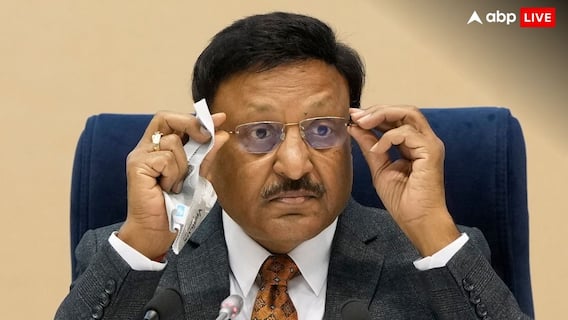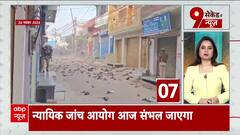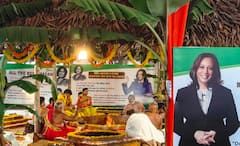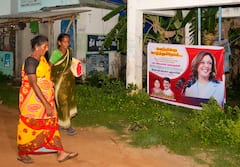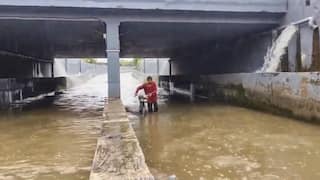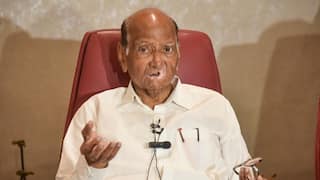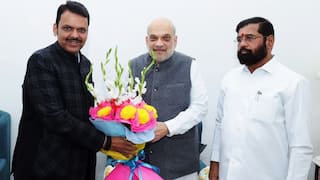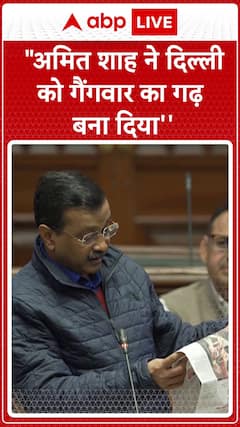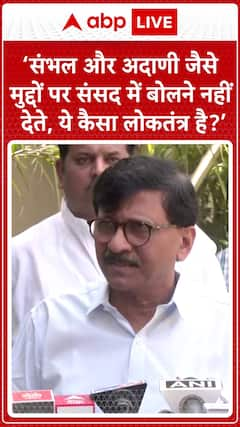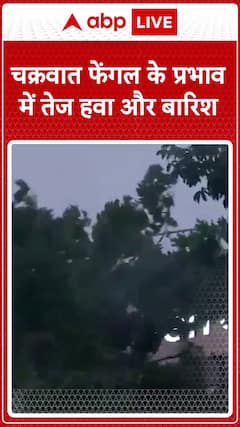Cash-Strapped Sri Lanka To Promote 'Golden' Visas. Know How It Aims To Support The Battered Economy
Under this programme, the money payable has to be deposited in a local bank account for the duration of the visa, noted the government

New Delhi: Cash-strapped Sri Lanka has announced selling long-term 'golden' visas to attract foreign currency to tide over the worst economic crisis after the island nation ran out of dollars to pay even for food and fuel.
What is the long-term visa programme?
Under the ‘Golden Paradise Visa Program’, the government said foreigners who deposit a minimum of $100,000 locally will be granted permission to live and work in Sri Lanka for 10 years under the government, reported news agency AFP.
ALSO READ: ONGC Faces Difficulty In Finding Vessel To Ship 70,000 Barrels Of Russian Crude: Report
However, any income from the scheme may not be sufficient to tackle the current crisis of this magnitude as it continues to struggle with acute shortages of food, fuel and medicines sparking massive protests.
Under this programme, the money payable has to be deposited in a local bank account for the duration of the visa, the government noted.
"This scheme will help Sri Lanka at a time when we are facing the worst financial crisis since our independence," media minister Nalaka Godahewa said in Colombo.
Expanding the initiative, the government also approved granting five-year visas to any foreigner spending a minimum of $75,000 to buy an apartment on the island nation.
Economy crisis deepening
In fact, trading at the Colombo Stock Exchange came to a halt thrice on Tuesday as prices plunged, with the blue-chip S&P index closing down 9.75 percent, according to AFP report.
Thousands of protesters camped outside President Gotabaya Rajapaksa's seafront office asking for his resignation. Equities have lost 47 percent of their value since January, with the local currency falling by about 40 per cent against the dollar in the past month.
Fuel prices also remained under pressure and almost doubled since December and the price of cooking gas was also increased by 81 per cent on Tuesday.
Cement, soap and detergent prices went up on Monday by between 17 and 100 per cent.
The latest price rises come amid a six-day protest march launched by the Opposition from the central city of Kandy to the capital, a distance of 115 km.
Trending News
Top Headlines







